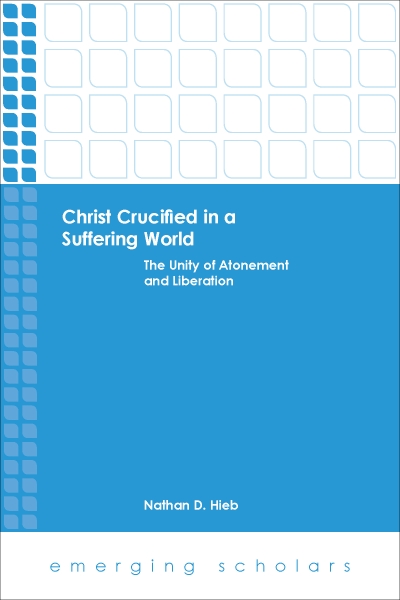Endorsements
“Arguing for a ‘third option’ in the doctrine of the atonement, Nathan Hieb finds in Barth’s theology of reconciliation and the ethics that flow from it a major resource for bridging the gulf between those who see the cross of Christ as merely an example in the struggle for liberation and those who stress the spiritual but ignore the sociopolitical significance of the cross. Hieb’s book offers a solid, provocative, and wide-ranging contribution to current discussions about the atonement.”
—Daniel Migliore
Princeton Theological Seminary
“Can lasting freedom from social injustice take root alongside fidelity to the atoning sacrifice of the Cross? Must these two theologoumena be joined or does an unapologetic theology of the cross simply valorize suffering? Nathan Hieb constructs an incisive conversation about these questions by interrogating G. W. F. Hegel, K. Barth, T. F. Torrance, and J. Sobrino. Neither liberationists nor Barthians can ignore Hieb’s challenge. Others will be no less transformed by his brilliance and readability. They too will want to engage the timely conversation he initiated.”
—Peter Casarella
University of Notre Dame
"Nathan Hieb provides us a provocative exposition of Barth's theology of the atonement as a resource to integrate the gospel of grace and its concrete witness to justice. It is a significant contribution to Barth scholarship, demonstrating how his theological project overcomes the false dichotomies that continue to plague Christian thought. Dr. Hieb’s work supports and stimulates the continuing engagement with Barth as a theologian whose work equips the post-Christendom church for its witness in a suffering world."
—Darrell L. Guder
Princeton Theological Seminary
“Nathan Hieb's first book is not only a remarkable theological study but a book which integrates several fields of inquiry usually kept at arm's length from each other: Hegel's philosophy, Barth's dogmatics, Sobrino's liberationism, Torrance's systematics, and his own global missionary experiences! All of these diverse materials are masterfully interwoven into a theological narrative in service of a robust liberationist theology of the cross for the sake of the healing of the suffering world. Simply put, I am impressed—and enthused!”
—Veli-Matti Kärkkäinen
Fuller Theological Seminary and University of Helsinki
